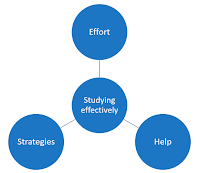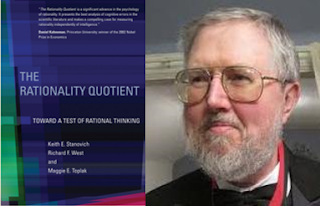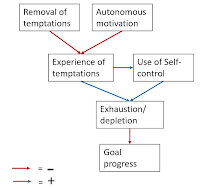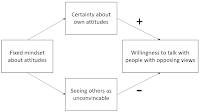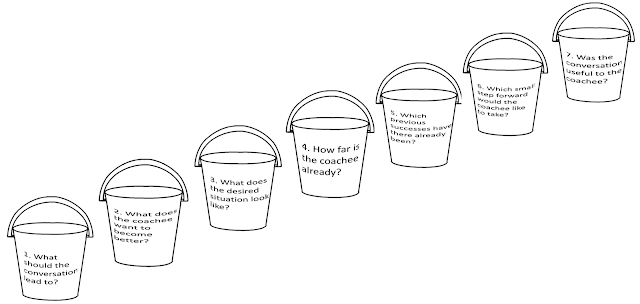How to motivate students for deliberate practice
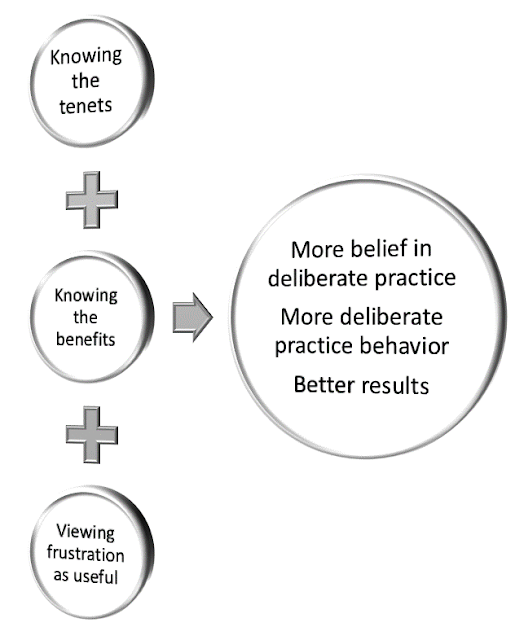
Top performers in all kinds of disciplines use the power of deliberate practice. They practice in a goal-focused way on challenging tasks, get immediate feedback and keep repeating until mistakes disappear from their performance. By doing this for many years, they keep breaking through performance limits and keep making progress. But deliberate practice does not only work for those who want to reach the top of their discipline. The approach works at witch ever level you happen to be. Unfortunately, many people fail to use and benefit from deliberate practice. In a new research project Eskreis-Winkler et al. (2016) have looked at how students can be motivated to use deliberate practice and how this impacted their performance.











